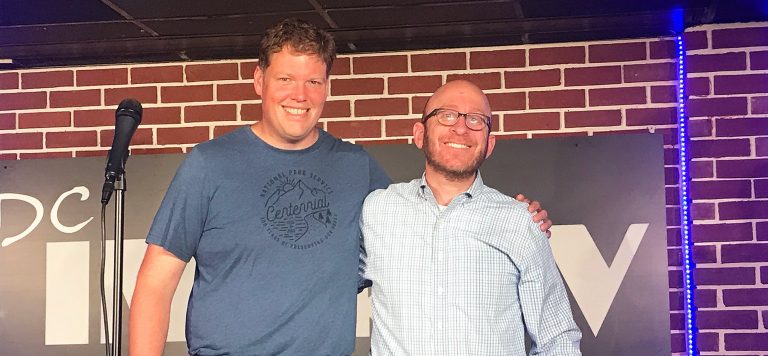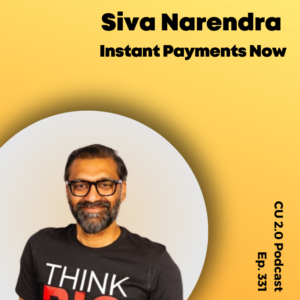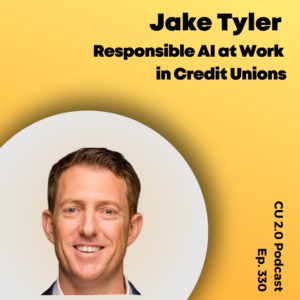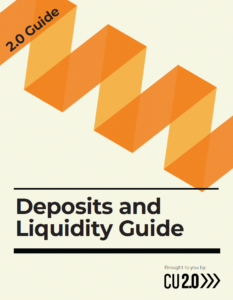Could a little laughter improve your leadership profile? This entrepreneur went out on a limb to hone his stand-up comedy skills.
Joe Fuld is an Entrepreneurs’ Organization (EO) member in Washington, D.C. and President of The Campaign Workshop, a political and advocacy advertising agency that provides strategy, digital advertising, content and direct mail services to non-profit and political clients. Joe recently participated in The CEO Stand-Up Challenge, honing his humor into a 10-minute set that he performed on stage. We asked Joe about the experience. Here’s what he shared:
There is truth in the adage, “Laughter is the best medicine,” as laughter has proven health benefits. But did you know that laughter can also benefit leadership? According to the Harvard Business Review, laughter can boost employee engagement and well-being, relieve stress, and spur not only collaboration and creativity but also productivity and analytic precision.
While that all sounds good, I’m no comedian. I can give a killer talk about political campaigning or advocacy, but punchlines aren’t my forte. That same HBR article states that while employees feel more motivated by leaders who make them laugh, they lose respect for leaders who try to be funny but fail, or who make fun of themselves. Sounds like a slippery slope. Why risk it?
My motivation
In June, a friend I know from EO, Kirk Drake, invited me to participate with him in The Entrepreneur CEO Stand-Up Challenge, an intensive six-week crash course in stand-up comedy culminating in a 10-minute performance at the DC Improv. Was I in?
Well, I turned 50 this year and wanted to stretch myself in a new way–but needed a push. A challenge. But I run a company and have no free time. So why do this now?
I’ve always enjoyed stand-up, but beyond one improv class in college, I had never tried it. I felt confident about having great material: I run a political and advocacy advertising agency, have a wonderful but crazy family and travel a lot. While memorizing a 10-minute set would be difficult, having good stories to tell seemed like half the battle.
I took the leap, hoping a net would appear.
Trusting the comedy process
I had no idea what to expect, but it certainly helped to have a coach. Ours was Matt Kazam, a veteran Las Vegas comedian who owns They Laugh You Win, which helps leaders and trainers take advantage of the power of humor by combining the science of stand-up with public speaking. Matt and I spoke twice a week, both one-on-one and with the group of seven entrepreneurs doing the show with me.
Having a likeminded team of entrepreneurs also preparing for their comic debuts made it feel like I was on a comedy team with good-natured competition! They also provided motivation. The last thing I wanted to do was bomb in front of friends and family or let the group down.
The writing was my favorite part, but I needed structure and inspiration, which my fellow entrepreneurs provided. I learned that you have to make time for inspiration. The more I wrote, the better my material got. It was an excellent outlet for channeling creativity. I wrote 18 pages of material that Matt and I cut down into a set.
Curing hiccups by jumping out of a plane
I train folks across the country to run for office and advocate for causes, but I, myself, was never formally trained in public speaking. For 20 years I’ve just done it and perfected my technique over time. I still had “ands and ums”―verbal garbage that needed to go―and I wanted to be more intentional with my speaking. I saw the comedy show as a way to cure my hiccups by jumping out of a plane.
Setting up punchlines is a precise business, so I was grateful for Matt’s expert guidance. To practice my delivery and memorize the set, I listened to recordings of myself reading it. I would then re-record it―and listen again. Almost daily. Practice makes perfect.
On the night of the performance, I felt ready but vulnerable. I stacked the audience with supportive friends, family members and coworkers. When my name was called, I was nervous, but my coaching and preparation paid off. After I finished and left the stage, it felt rewarding to have tried something new and succeeded.
See for yourself:
I would do it again in a heartbeat. I had fun and learned a ton about myself, and for that I am grateful.
You get out what you put in
To be clear, I don’t plan to headline at McChuckles anytime soon, but the experience slayed a few inner demons. Here’s what I gained:
- Confidence and intentionality in my public speaking skills
- More prolific creative writing skills
- A sense of community with my fellow Stand-Up Challenge entrepreneurs
- Engagement with clients and coworkers about shared struggles
- A renewed appreciation for the impact of coaching
While stand-up comedy is not a one-size fits all cure, it helped me reach my goals. My employees seem to appreciate the increased level of laughter around the office, which has helped us become a more tightly knit group, and I’ve become more intentional about my public speaking. I’ll be reaping the benefits of this six-week challenge for years to come!
Originally published on August 28th, 2018 on INC. com




